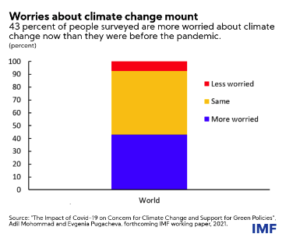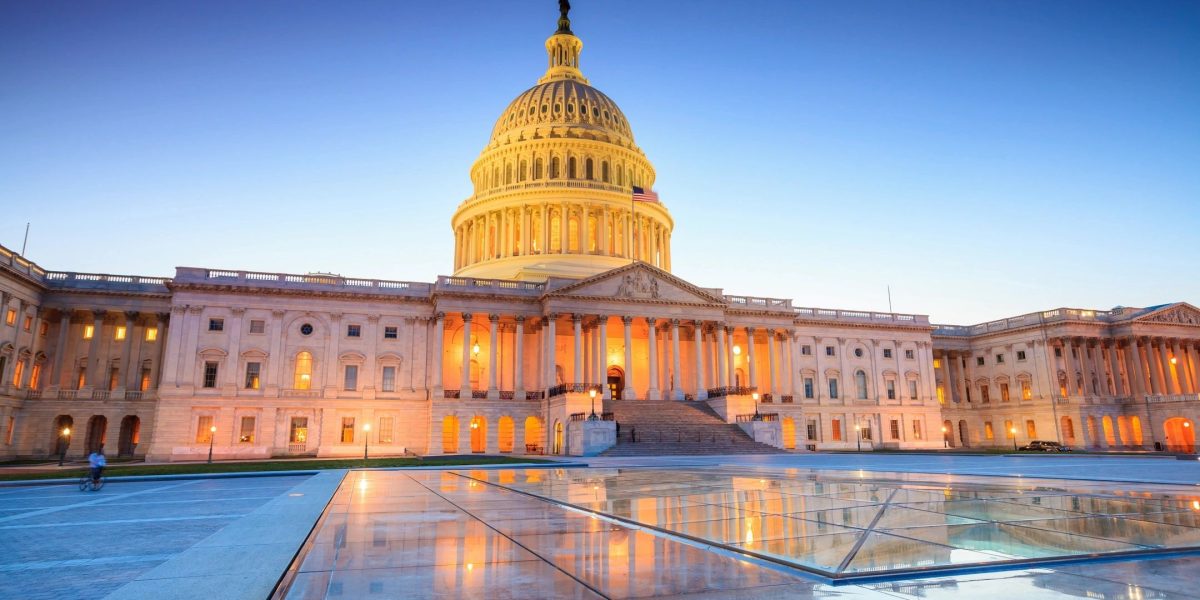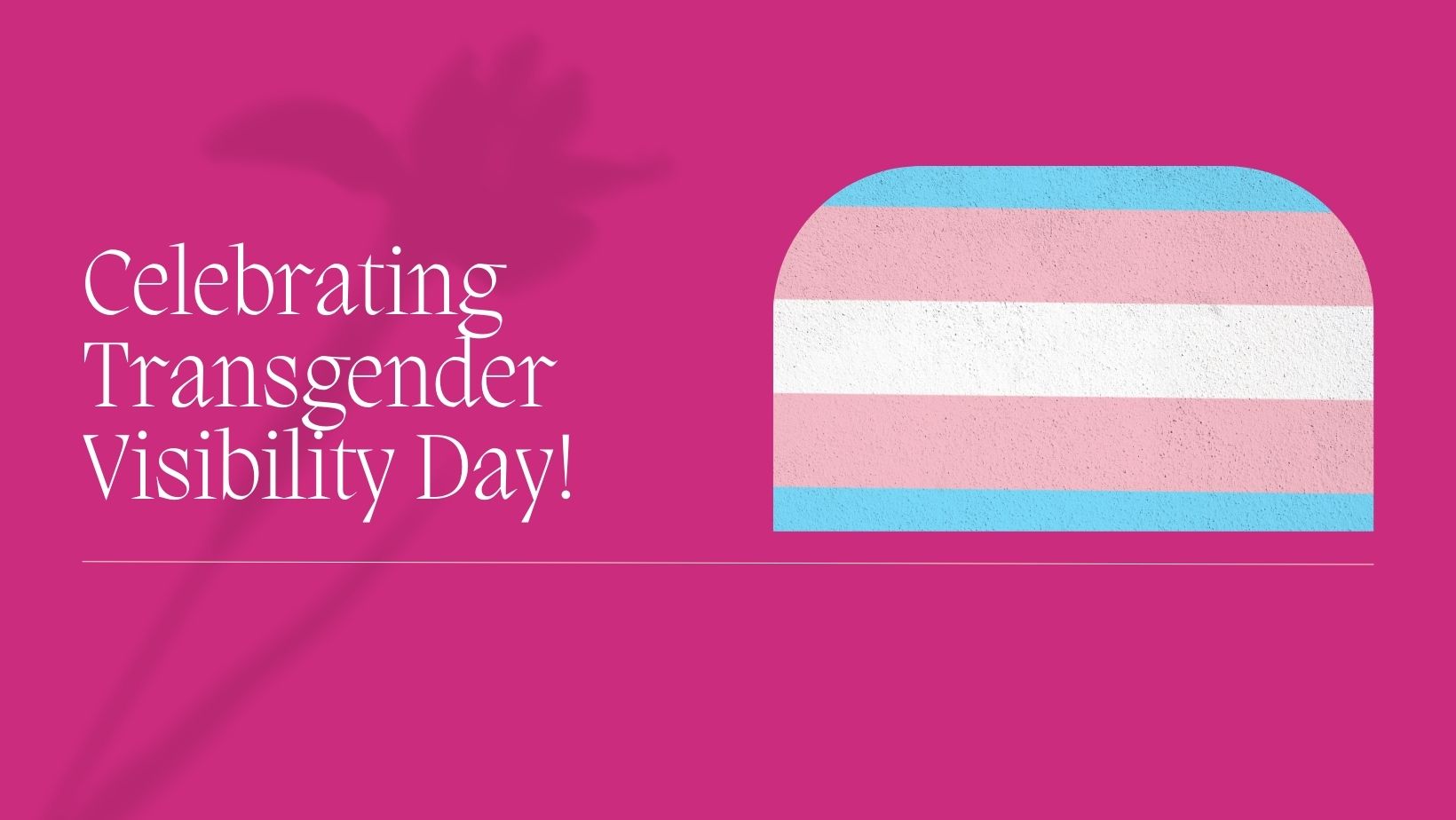Climate Crisis & COVID-19
Modern-day society is no stranger to global issues. Two such issues are currently causing significant issues for societies worldwide: climate change and a pandemic. Climate change is a well-known issue worldwide and can often be compared to COVID-19. These crises are both similar in the way that members of society perpetuate the effects of each. COVID-19 is an infectious disease that requires social distancing as the primary method for containment. Climate change is caused by greenhouse gas emissions, which result from humans burning fossil fuels. While both issues can be addressed by individuals making adjustments to their personal and consumer behaviors (practicing social distancing and wearing masks in the case of COVID and reducing one’s carbon footprint), citizens of the world are not in the best position to address either problem. Concerning global crises, governmental entities are in the best position to solve problems, but they often fail.
A Modern Pandemic
A very recent and devastating example of the government failing to control a global crisis is the COVID pandemic. While several countries failed to implement effective containment and mitigation strategies, the United States government’s handling of the early days of the pandemic was an excellent example of a government failing to implement effective action and long-lasting policies to respond to a global crisis. President Donald Trump downplayed the virus in the United States, severely impacting many Americans’ thoughts and actions. When asked about the increase in the cases of the virus, Trump responded with how he “view[s] it as a badge of honor” (Summers, 2020). He regarded positive testing as a representation of how great the country’s testing is due to the increase of people testing positive. Furthermore, Trump encouraged opening businesses and schools despite increasing daily numbers.
America had the tools and resources to address the pandemic, but politicians failed to utilize those resources to curb the spread of COVID-19. For example, Anthony Fauci, the Chief Medical Advisor to the President of the United States, warned that the failure to utilize testing, social distancing, and mitigation techniques (like masks and vaccines) would cause further virus spread. Despite such warnings, governmental officials, including President Trump, continued to disregard his warnings. As the pandemic continued to get worse, many other policymakers were still in denial as they “[ignored] the advice of public health experts and [acted] only after high human and economic costs were incurred” (Celasun, 2021). Therefore, battling the pandemic took a lot more energy and resources than it would have if the government had successfully implemented the steps that the scientific experts suggested. The issue of global warming predates the issue caused by the pandemic by nearly 50 years, but the government’s inability to effectively address the problem is very similar.
Global Warming
Climate change became a prominent political issue in the 1980s, but as early as the 1970s, the government started to recognize the importance of recognizing the effects of global warming. For example, President Jimmy Carter called for “20 percent of the country’s energy to come from solar power by 2000” (McKibben, 2021). James Gustave Speth, an American environmental lawyer, who constantly warned people about climate change since the beginning of its appearance, worked with President Carter on ways to prevent the possibility of a climate crisis from happening. However, after President Ronald Reagan was elected, all plans were stopped. Despite this, there was a growing public awareness and localized actions to address climate change. Still, any activity that was spurred by the individual motivation to curb the issues was not having a significant impact on slowing the trend of climate as global temperatures continue to rise.
A History of Administrative Failure
The government’s actions in both of these cases show that while they were in the best position to effect change and alter the course of a global crisis, they failed. Even after all of the warnings about the climate and the pandemic, the government delayed its actions so long that its eventual policies were relatively inefficient and ineffective.
Specifically, climate experts in the climate field warned policymakers about the increase in climate temperature and the effects it would have on our planet. However, actual policies trying to prevent climate change were not made until many years after their warnings (McKibben, 2021). As years passed, the effects of climate change already began to take shape, and when actual policies were made, this issue had already gotten out of control.
Likewise, during the pandemic, the president was in denial of the entire situation, despite the warnings made by medical advisors. Only after the pandemic had killed tens of thousands of Americans before politicians, including the president, started to be more cautious and accept that the pandemic was happening worldwide. The government’s actions and beliefs influence the people, as they can mislead some to not believe in it. In addition, for both crises, the government’s denial made them more difficult for others to fix, as they waited for the effects of the situations to show themselves, which increased the harm done before taking action.
With its tremendous resources and exceptional power, the government was in a position to curb the adverse effects of climate change and the pandemic, but both cases did not. The fact remains the same whether this can be blamed on partisan politics, political ideologies, administrative inefficiencies, or general incompetence. The government was in the best position to quell these global issues but did not do so effectively.
All Hope is Not Lost
While the realities surrounding the pandemic and climate crisis seem dire, there is evidence that a renewed faith in our governmental institutions may be warranted. The pandemic, which seemed like an impossible crisis to fix, has quickly and effectively come under some semblance of control at the direction of the government. Specifically, through the collaboration of governmental and scientific efforts, we received a vaccine in nine short months, nine months breaking the expectations that most scientists could reach. According to John Hopkins University, a vaccine for a virus typically takes 5 to 10 years to be made, and the vaccine for the virus was predicted to be made between 12 to 18 months (Celasun, 2021). This shows how scientific effort and support from the government can perform the unexpected.
This faith in governmental action can also be warranted regarding climate change. New technologies to provide cleaner energy could be invented. There could also be lowered the cost of using these inventions to gain more people willing to use them. This can only happen if the government puts all its effort and determination into it.
However, the only way the politicians will become more serious about their efforts to cure global warming is if the citizens show that the climate crisis is an issue they deem worthy of the government’s attention. Luckily for us, the public is undoubtedly making it known that they consider global warming a topic worthy of the government’s attention. As one can see from the IMF global poll below, nearly half the population is more worried about climate change than they were, giving a chance to the government to acknowledge climate change to the people properly.

If policymakers take this chance and enact reforms regarding climate change, it would lead to more success due to the heightened public awareness regarding the dangers of climate change. Now that more people understand the severity of climate change, it would be easier for the government to lead the people to join them in their policies and ways to solve climate change.
The government plays a significant role in ending significant crises, as they are the prominent leaders and influencers for the people. Involving them could create new solutions for climate change since the development and adoption of green technologies will come only with government support for basic research and infrastructure. Yes, solving the climate crisis or the pandemic crisis might not seem achievable; however, with the government giving 100% effort into stopping these crises, preventing these world crises might not seem as hard as it had initially seemed. In his presentation to the Teen Think Tank Project research cohort, Steven Cohen said, “Climate change is not a religion, it’s a fact,” for the climate crisis, but this phrase can also be used to describe the pandemic. Once everyone realizes and acknowledges how these crises are happening in the world today due to the government’s acknowledgment and actions, we will be one step closer to solving these crises.
The Need for Unified Action
These crises still do not seem like much action is happening to solve them correctly. However, through our efforts, many things can happen. Our activities don’t require the government to take the first step, as their actions haven’t correctly provided long-term solutions. Instead, we can force the government to take proper action through some of our actions. Whether protesting, spreading awareness, or doing our part in protecting this world can still be a step forward despite being a minor step. Each step forward will soon add up and eventually provide a possible change that might not seem likely now but can be achieved.
Many organizations, like the Extinction Rebellion, hold protests for others to join the fight for climate change. Involving oneself in these events can help the organization bring a change. These protests also catch the government’s attention, which might be affected and lead it to form long-term solutions when seeing the number of people involved and wanting a change. In addition, we can spread awareness through events we hold ourselves or by educating people around us; it can also create a difference. Also, once everyone does their part in the world to help protect it, this issue will be partly solved.
Despite its historical inefficiencies, the government has been making progress. The Environmental Protection Agency took action by issuing a Final Rule, with goals to phase down the USA’s production and consumption of hydrofluorocarbons (HFCs) by 85% over the next fifteen years, as mandated by the AIM act. Due to HFCs (specifically HFC-23) (Weisbrod, 2021) being the main contributor to global warming, a global phasedown is expected to avoid up to 0.5 degrees Celsius of global warming by 2100 (Climate Change Regulatory Actions and Initiatives). The EPA has also been targeting certain companies, such as the chemical manufacturer Chemours. Chemours voluntarily pledged to eliminate 99% or more of its emissions of HFC-23 from its Louisville Works chemical plant by the end of 2022. Still, they didn’t follow up on its offer, causing the EPA to step in and pressure the company (Weisbrod, 202I). In addition, The Clean Air Act, which from 1970 to 2020 has redacted the combined emissions of the six most common pollutants by 78% and airborne lead pollution, a widespread health concern before the EPA phased out lead in motor vehicle gasoline under the Clean Air Act, now meets national air quality standard in most areas of the country (Progress Cleaning the Air and Improving People’s Health, 2022).
Everyone undoubtedly needs to do their part to reduce their carbon footprint (i.e., installing renewable energy and cutting consumption/waste); however, we still need the government’s support. The government controls many industries, which are the leading cause of greenhouse gas emissions. Even if we try to do our part, it can only fix so little. The primary solution involves the government when the main contributors to climate change are industries. We should use our abilities, like protesting or other possible methods, to gain the government’s attention to let the government finally acknowledge that the issue must be solved by starting with the main contributors.
Works Cited
Celasun, O. , Jaumotte, F. , & Spilimbergo, A. (2021, July 9). What COVID-19 Can Teach Us About Mitigating Climate Change. IMF Blog. https://blogs.imf.org/2021/07/09/what-covid-19-can-teach-us-about-mitigating-climate-change/.
McKibben, B. (2021, September 15). They Knew: How the U.S. Government Helped Cause the Climate Crisis. Yale E360. https://e360.yale.edu/features/they-knew-how-the-u-s-government-helped-cause-the-climate-crisis
Progress Cleaning the Air and Improving People’s Health. (2022, March 9). US EPA. https://www.epa.gov/clean-air-act-overview/progress-cleaning-air-and-improving-peoples-health
Summers, J. (2020, October 2). Timeline: How Trump Has Downplayed the Coronavirus Pandemic. NPR. https://www.npr.org/sections/latest-updates-trump-covid-19-results/2020/10/02/919432383/how-trump-has-downplayed-the-coronavirus-pandemic.
Weisbrod, K. (2021, May 11). The EPA Proposes a Ban on HFC-23, the Most Potent Greenhouse Gas Among Hydrofluorocarbons, by October 2022. Inside Climate News. https://insideclimatenews.org/news/11052021/the-epa-proposes-a-ban-on-hfc-23-the-most-potent-greenhouse-gas-among-hydrofluorocarbons-by-october-2022/






